Coconut oil has gained global fame for its diverse uses and impressive health benefits. From culinary and cosmetic applications to its role in traditional medicine and modern wellness trends, coconut oil continues to be one of the most sought-after natural products in the world. But behind this global popularity lies a powerful industry driven by tropical nations that cultivate, harvest, and process billions of coconuts each year. So, which country is the largest coconut oil producer in the world?
The answer is the Philippines. This Southeast Asian archipelago consistently ranks as the world’s top producer and exporter of coconut oil, thanks to its abundant coconut plantations, favorable climate, and well-developed coconut processing industry.
This article explores how the Philippines earned its top spot, how it compares with other major producers, and why coconut oil production is essential to global agriculture and trade.
The Global Importance of Coconut Oil
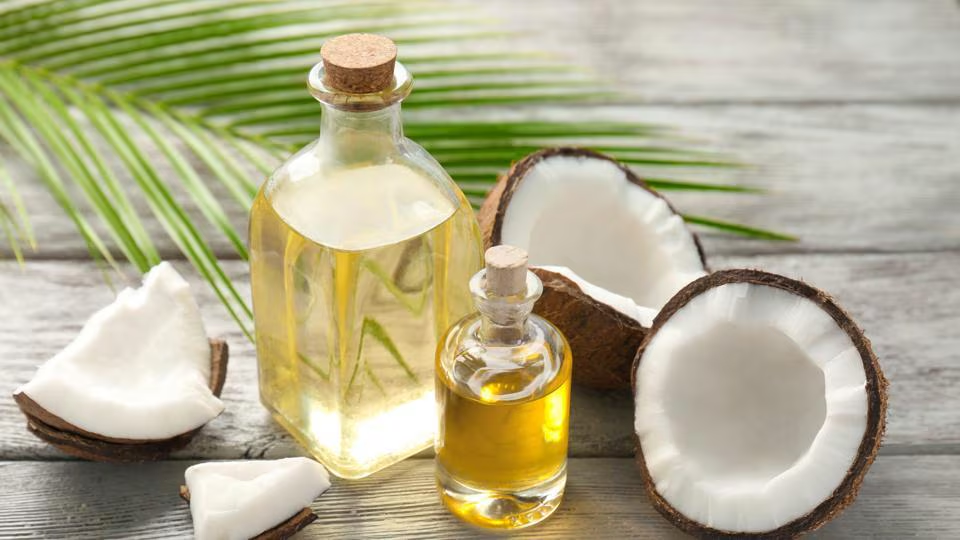
Coconut oil is extracted from the kernel or meat of mature coconuts. It is known for its high saturated fat content, primarily lauric acid, which gives it unique antimicrobial and moisturizing properties. There are two main types:
- Virgin Coconut Oil (VCO) – Cold-pressed and minimally processed, ideal for food and cosmetic uses.
- Refined, Bleached, and Deodorized (RBD) Coconut Oil – Typically used in industrial cooking, processed foods, and soaps.
Globally, coconut oil is used in:
- Cooking and baking
- Hair and skin care products
- Soaps, shampoos, and detergents
- Pharmaceutical and nutraceutical products
- Biodiesel and industrial lubricants
With such versatile applications, the demand for coconut oil continues to grow worldwide.
Why the Philippines Leads the World
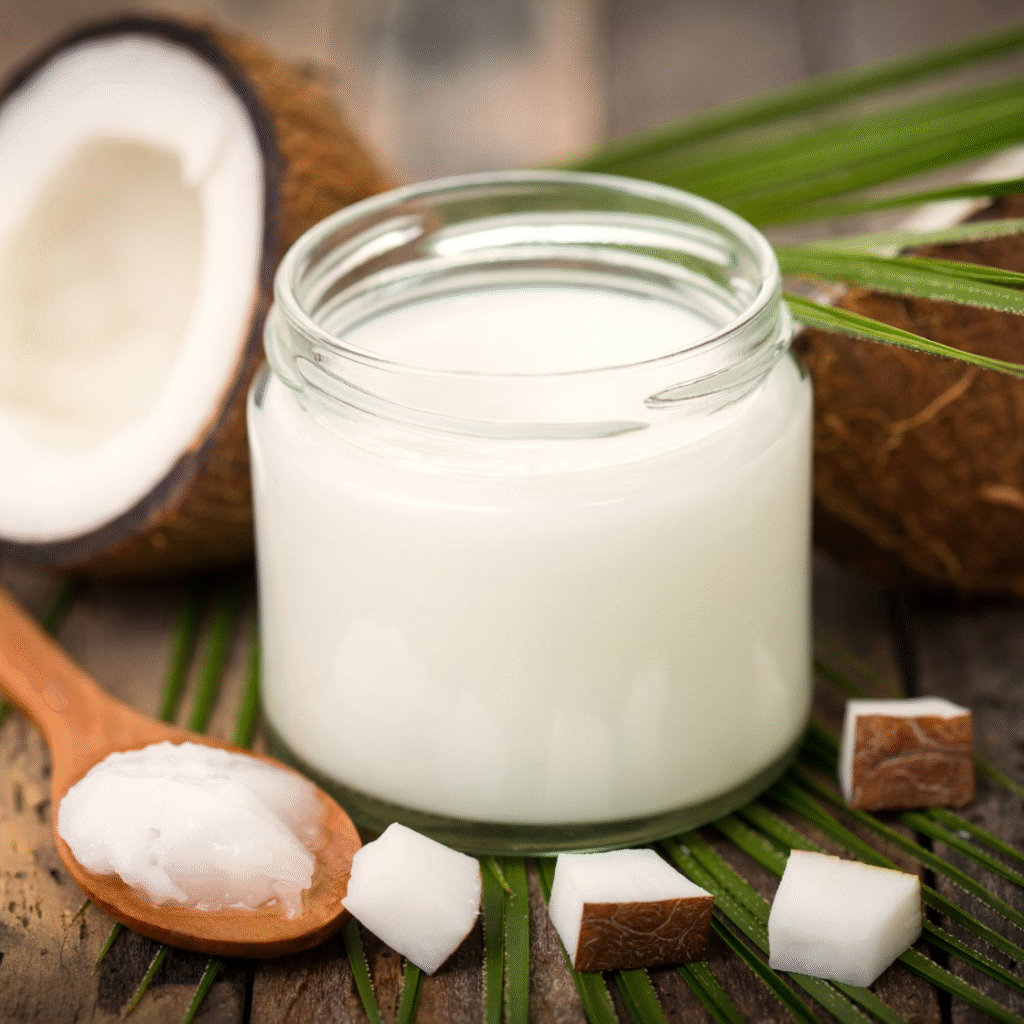
1. Abundant Coconut Plantations
The Philippines has over 3.5 million hectares of land planted with coconuts, making it one of the largest coconut-growing regions in the world. The provinces of Quezon, Davao, Zamboanga, and Leyte are among the top-producing areas.
As of recent FAO and USDA data, the Philippines produces approximately 1.2 to 1.3 million metric tons of coconut oil annually. This represents nearly 35–40% of the global coconut oil supply, putting it ahead of rivals like Indonesia and India.
2. Favorable Climate and Geography
The country’s tropical climate, characterized by warm temperatures, abundant rainfall, and fertile volcanic soil, is perfect for coconut cultivation. The Philippines, being an archipelago, benefits from coastal breezes and humidity, which further support healthy coconut tree growth.
3. Established Processing Industry
The Philippines has a long history of coconut oil processing. The country boasts hundreds of oil mills, both large-scale and community-based, that extract and refine oil efficiently. Companies like CIIF, Peter Paul, and Franklin Baker are key players in the coconut oil export industry.
The government has also supported the coconut sector with institutions like the Philippine Coconut Authority (PCA), which oversees production standards, research, and farmer support programs.
4. High Export Capacity
Coconut oil is one of the Philippines’ top agricultural exports. Major importing countries include the United States, the European Union, China, and Japan. In fact, the U.S. is the largest single importer of Philippine coconut oil, used primarily in food processing, baking, and cosmetics.
Economic and Social Impact
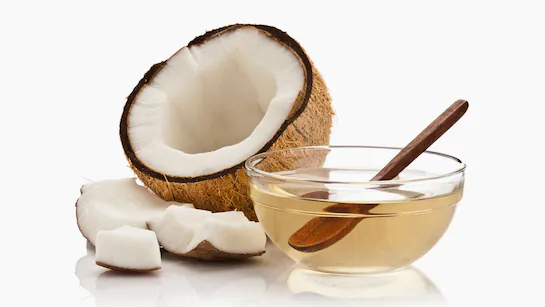
The coconut industry is a lifeline for over 3.5 million Filipino farmers and their families. It plays a vital role in rural livelihoods, contributing significantly to national income and foreign exchange.
Coconut oil alone accounts for billions of pesos in annual export earnings. Despite global price fluctuations, the product remains a reliable source of income for smallholder farmers and cooperatives throughout the country.
Efforts are also underway to boost value-added products like organic virgin coconut oil, coconut flour, and coconut sugar, helping diversify income streams and strengthen the industry’s resilience.
Competitors in the Global Coconut Oil Market
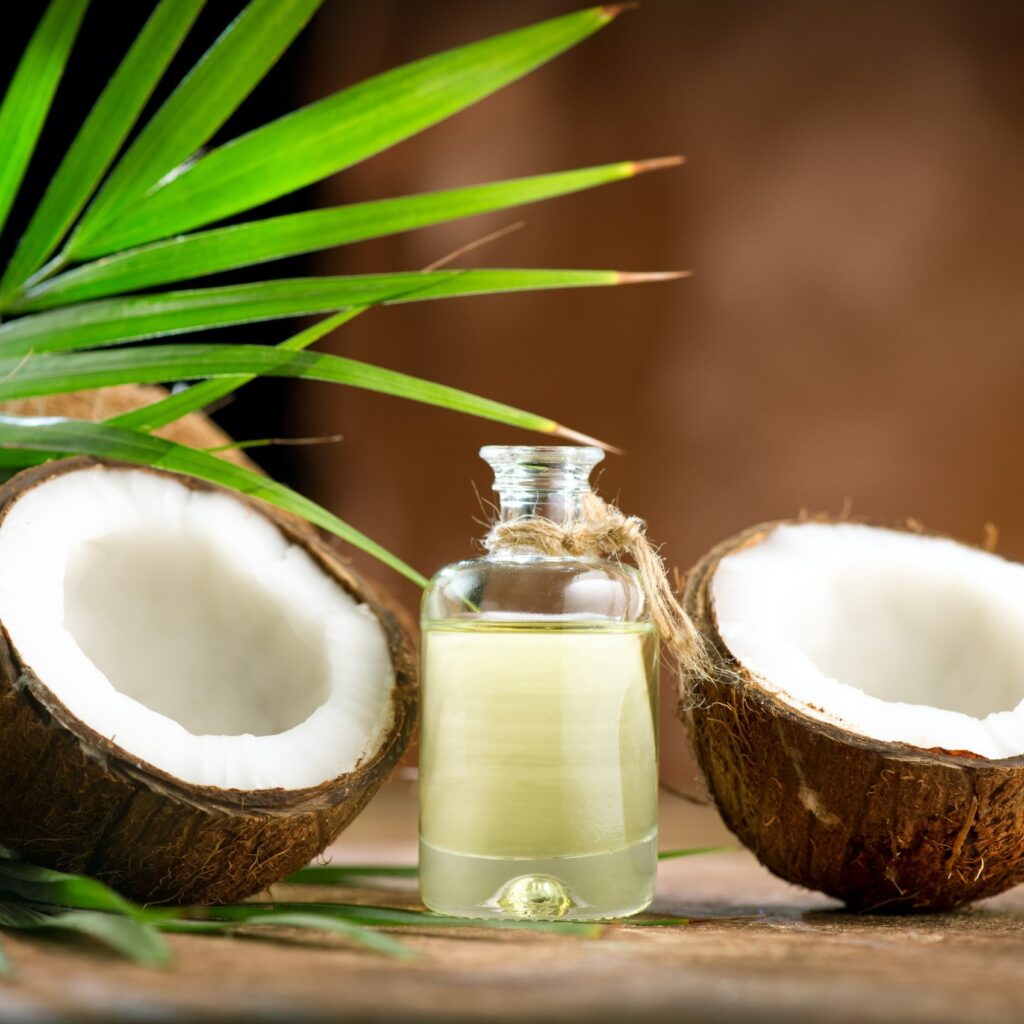
While the Philippines leads the world, several other countries also play a significant role in coconut oil production.
Indonesia
Indonesia is the second-largest producer of coconut oil, with annual production close to 1 million metric tons. Like the Philippines, Indonesia has a vast coconut farming sector. However, much of its coconut oil is consumed domestically, particularly in traditional cooking and home use.
Indonesia is also investing in virgin coconut oil (VCO) production and has started expanding its presence in global cosmetic and wellness markets.
India
India is another major coconut oil producer, especially in the southern states of Kerala, Tamil Nadu, Karnataka, and Andhra Pradesh. While India produces over 400,000–500,000 metric tons annually, most of it is consumed locally. Coconut oil is a staple in Indian cuisine and is also widely used for hair care and religious practices.
Sri Lanka and Vietnam
Sri Lanka is known for producing high-quality virgin coconut oil and has a growing export sector. Vietnam, on the other hand, is emerging as a competitive exporter of coconut-based products, including oil, water, and snacks.
Other Producers
Thailand, Papua New Guinea, and some Caribbean nations also produce coconut oil but on a much smaller scale. Some non-traditional countries like Mexico and Brazil are exploring coconut cultivation for niche markets.
Rising Global Demand and Health Trends
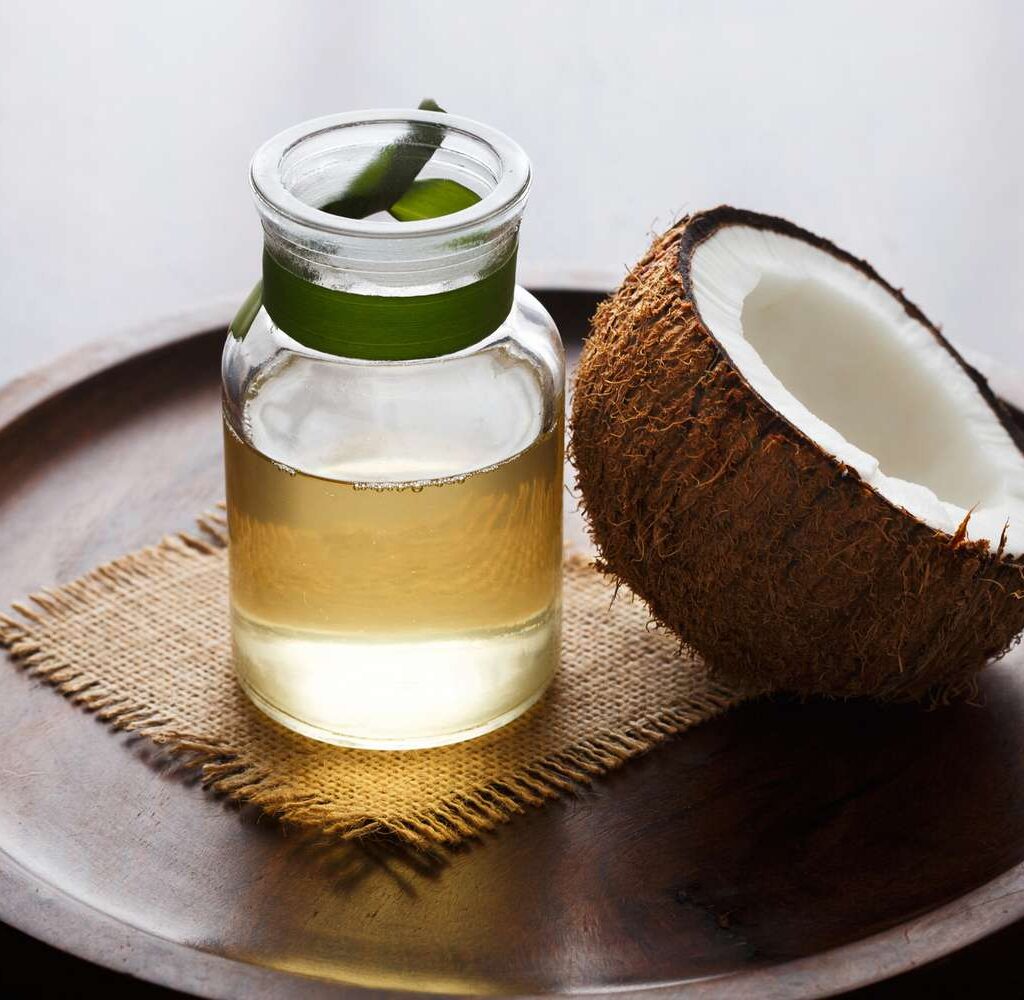
In recent years, coconut oil has seen a surge in demand due to its popularity in natural health and beauty. Key drivers of this trend include:
- The ketogenic and paleo diets, which encourage high-fat, low-carb eating.
- Interest in plant-based and vegan products, where coconut oil serves as a dairy fat alternative.
- Natural skincare and haircare markets that favor organic oils over synthetic ones.
The Philippines has responded to these global trends by expanding its organic virgin coconut oil production, focusing on quality and sustainability. Filipino brands are now competing in high-end markets with certified organic, cold-pressed, and fair-trade coconut oils.
Environmental and Sustainability Challenges
Despite its many strengths, the coconut oil industry faces several challenges:
- Aging Coconut Trees: Many of the Philippines’ coconut trees are over 60 years old and past their peak productivity. Replanting and tree renewal programs are essential to sustain future output.
- Climate Change: Typhoons, droughts, and unpredictable weather patterns threaten harvests and disrupt production cycles.
- Price Volatility: Like many commodities, coconut oil prices are vulnerable to global market fluctuations, affecting farmer incomes.
To address these issues, the Philippine government and NGOs are promoting climate-smart agriculture, resilient crop varieties, and community-based value chains.
Innovations and the Future of Coconut Oil
The future of coconut oil looks promising as innovation continues to shape the industry. Some emerging trends include:
- Cold-pressed and organic oil production gaining market share.
- Coconut-based biodiesel and green energy initiatives.
- Coconut oil-based packaging materials and eco-friendly products.
- Blockchain for supply chain transparency in coconut oil sourcing.
With continued investment in technology, sustainability, and global marketing, the Philippines is poised to strengthen its leadership in the coconut oil market.
Conclusion: The Philippines – The Undisputed Coconut Oil King
When it comes to coconut oil, no country rivals the scale, heritage, and global reach of the Philippines. From its vast coconut plantations and advanced processing systems to its thriving export market and socio-economic importance, the Philippines has firmly established itself as the largest coconut oil producer in the world.
As global demand continues to rise, driven by health-conscious consumers and natural product trends, the Philippines stands ready to supply the world with this versatile, nutrient-rich oil. With continued support for farmers, innovation, and sustainability, the country’s coconut oil industry will remain a vital force in global agriculture for years to come.

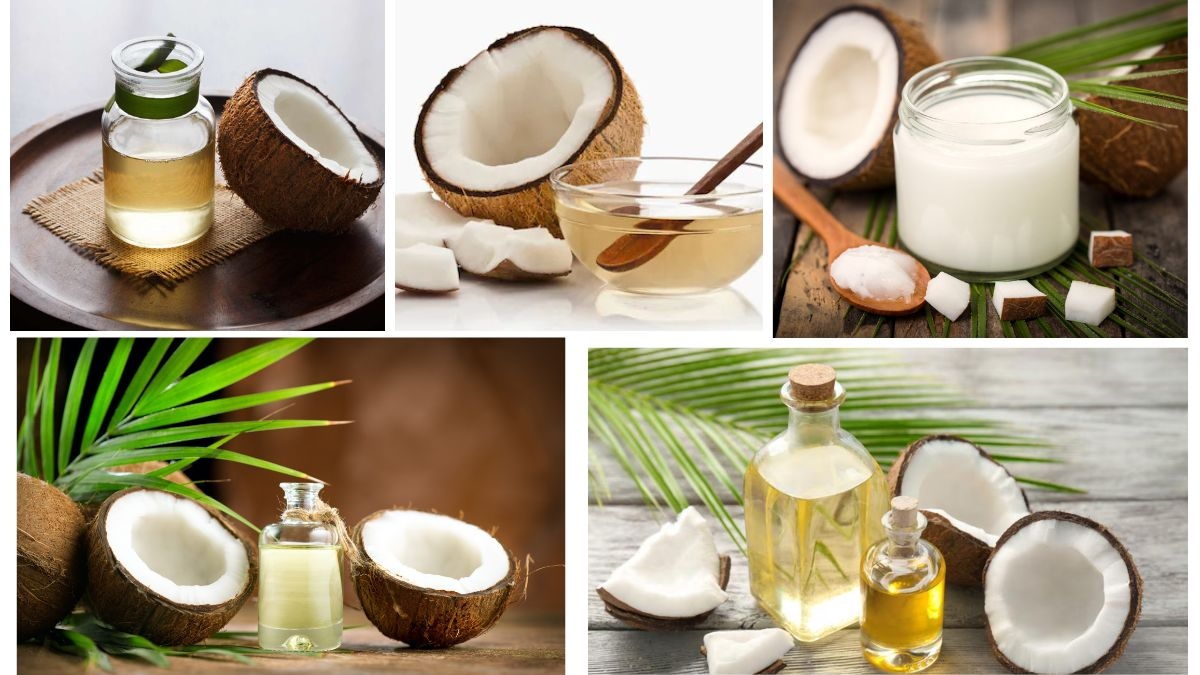



Leave A Comment